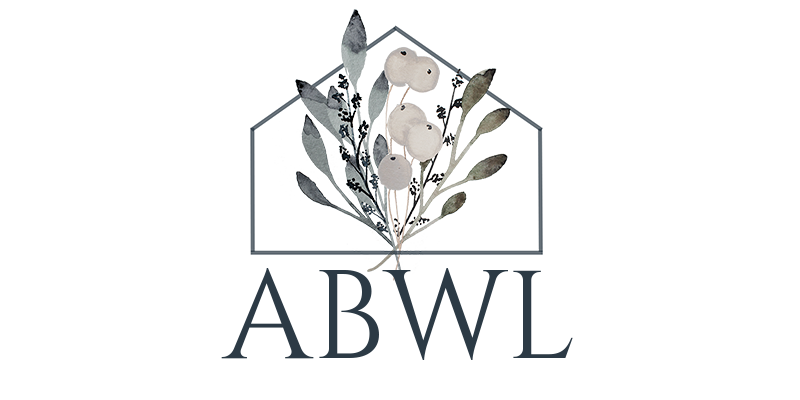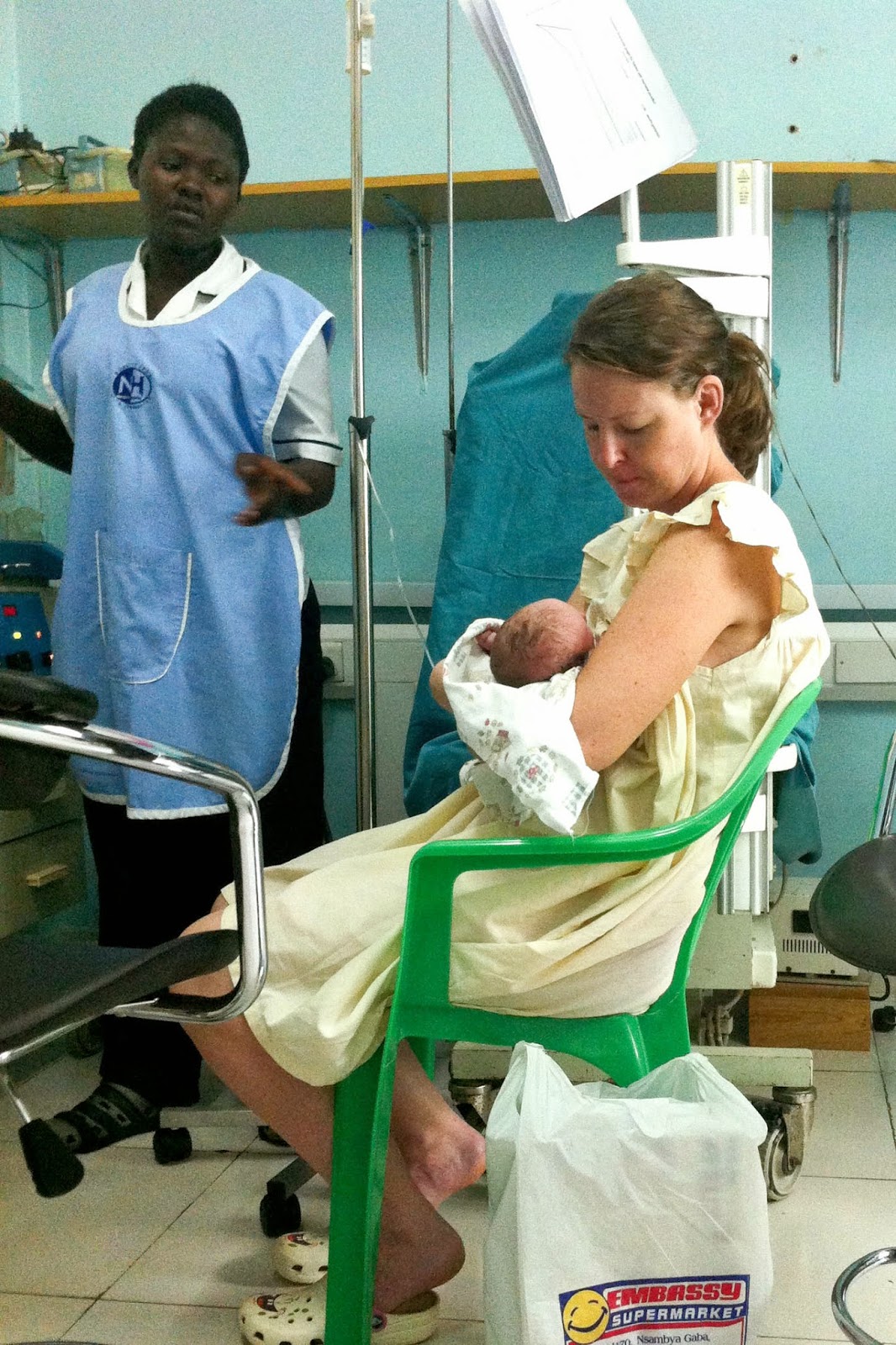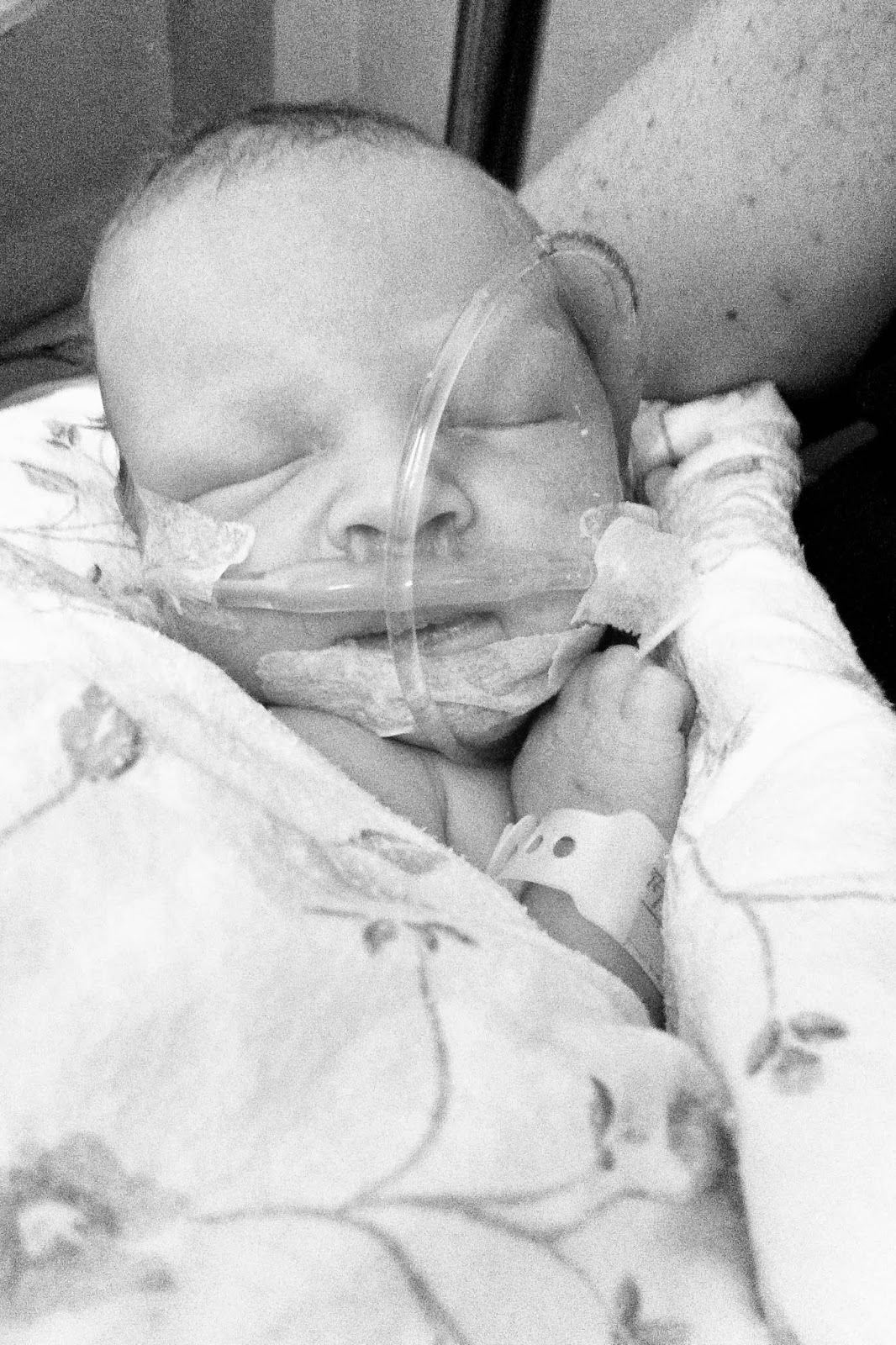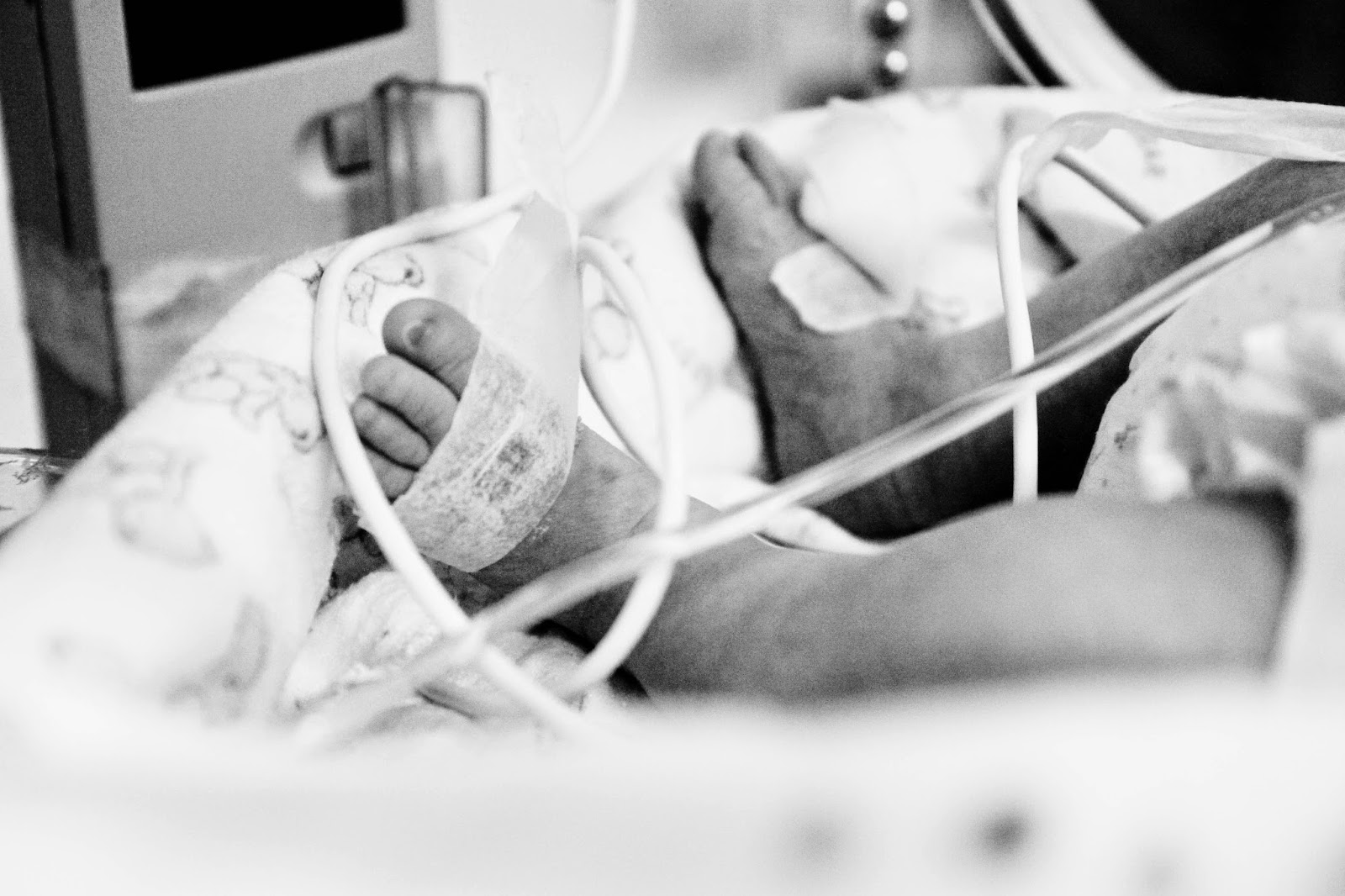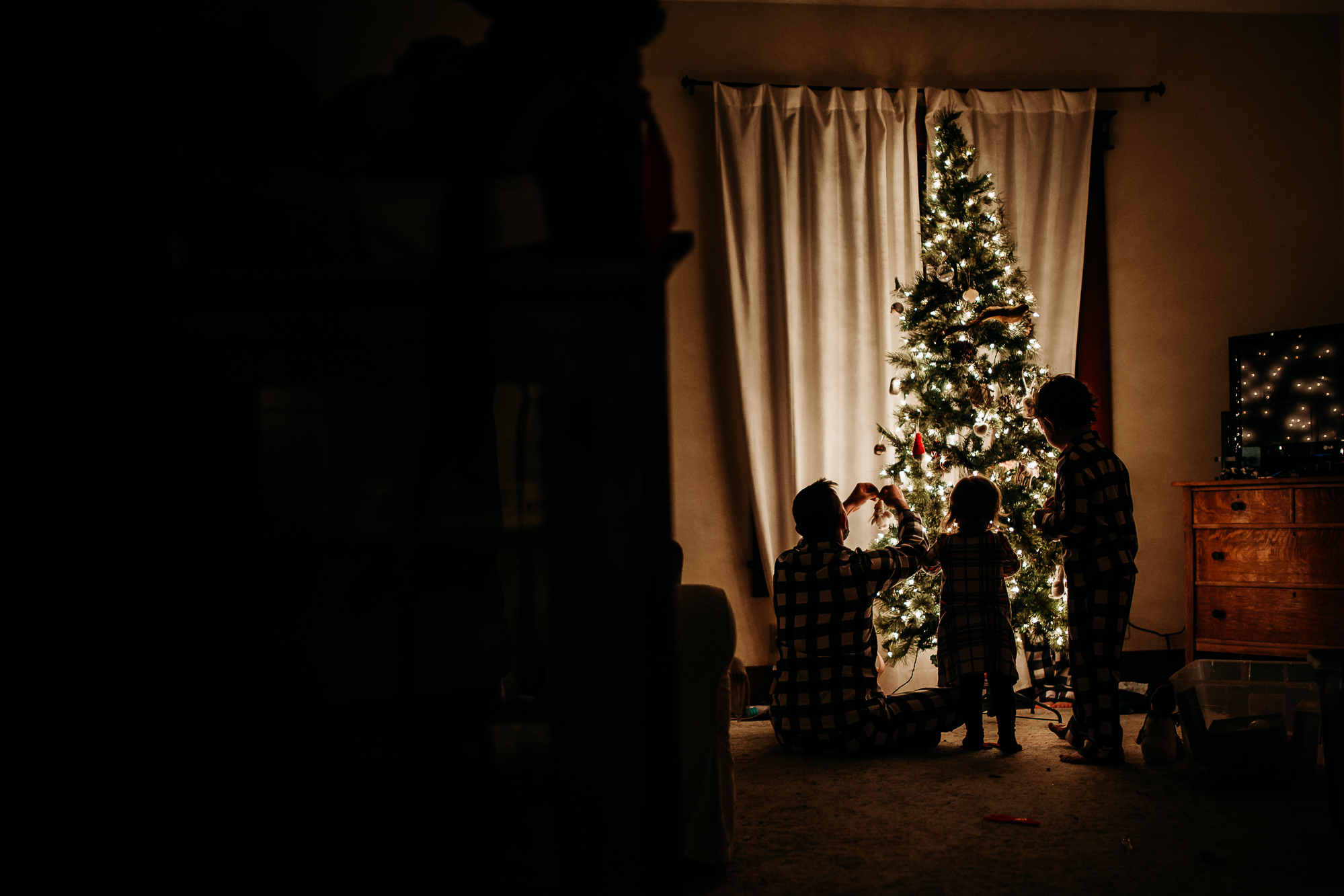let's be social!
If you haven’t read Part One yet, you can do that here.
Later that morning, Dr. Michael (Clark’s ped), came in to give us a full update on Clark’s condition. He had officially been diagnosed with Respiratory Distress Syndrome (RDS), which is caused by immaturity of the lungs and insufficient surfactant production. He explained that because Clark’s lungs hadn’t produced surfactant yet, he was laboring very hard to breathe and with each breath his lungs were collapsing. My heart shattered into a million pieces as he walked us through what the next days and weeks would look like. We would give Clark a few days to see if his lungs would produce it on their own before intervening (the process to administer surfactant is pretty traumatic), and then it would likely be a couple of weeks of weaning him off of oxygen and ensuring his stability before he could go home.
By 10 am, I was becoming hysterical at the fact that I still hadn’t been able to see or hold my baby, so I started begging the nurses to remove my catheter so I could go down to the NICU. Finally they did. I was wheeled down at around noon, and seeing Clark for the first time did a million things to my heart. I fell completely in love with him when I saw him, and my arms literally ached until they placed him in them; however, I was devastated when I first saw him. He was on oxygen and with each breath his entire chest caved in. I sat holding him for the first time for close to an hour before I began to feel incredibly ill. Because of the preeclampsia, I was quickly wheeled back to my room, put back in bed, and told to rest.
The next few days were the darkest days. Clark continued to need assistance breathing, and was quickly moved from regular oxygen to a CPAP machine, given a feeding tube, and put on an IV for hydration, antibiotics, etc. We were also no longer allowed to hold, or even touch, him for the remainder of that week. I absolutely could not cope with our situation. This was far from what I expected, we were so far from family, and we were dealing with cultural barriers on top of everything else. I stayed in my room crying much of the time, as each short visit to the NICU would further crush me and raise my blood pressure. I began pumping so that Clark could at least get my breast milk, an act which became the one thing I had control over and could do to help him.
We had kept pretty constant contact with our family and with EV, and we knew that there were hundreds of people back home warring in prayer for Clark’s life and healing. Blaise and I begged and pleaded with God, but I also struggled with the same questions that always crop up when there is great suffering: Why are You allowing this? Why don’t You just heal him? Why didn’t You prevent this in the first place? Haven’t we been through enough this year? They are, of course, questions that I didn’t get answers to, but I wrestled with God about them anyway. While I was angry that He he had allowed this, I also knew that He was with us in the storm. The phone calls, the hospital visits, and the emails that we received from friends and family were a tremendous comfort…not to mention the constant reports of prayers going up for our sweet baby boy. He had not abandoned us.
The days that followed became a blur, but I remember that on Thursday Clark had to be taken to another facility to undergo an echocardiogram, because the doctor heard a murmur when listening to Clark’s heart. The echo confirmed that Clark also had Patent Ductus Arteriosis, which occurs when a hole in the fetal heart does not close at birth, placing enormous strain on the heart and lungs. A medicine was administered to stimulate the closure of that hole. On Friday, the doctor said we couldn’t wait for the surfactant any longer. That night, Clark was intubated and the surfactant administered. He remained on a ventilator after the procedure and we entered a “wait and see” period.
That same Friday night, the pediatrician once again walked us through a new possible timeline: 2-3 days on the ventilator before being weaned off, then another couple of weeks of being weaned off of oxygen altogether, a few days of being observed to ensure his condition is stable, and then he would finally get to go home. At that point, it looked like Clark wouldn’t be coming home until very close to his due date in August.
While the struggles weren’t over, what we once again didn’t know was that God was about to blow us all away and put Clark in the category of the “few miracle babies who defy the odds and get to leave the hospital much sooner.”
Part Three of Clark’s birth story to follow.
Tuesday: The first time I got to hold my baby.
Wednesday: The last time we got to hold Clark for the next 4 days.
Wednesday: Clark on the CPAP and feeding tube.
Saturday: Clark on the ventilator the morning after he received the surfactant.
